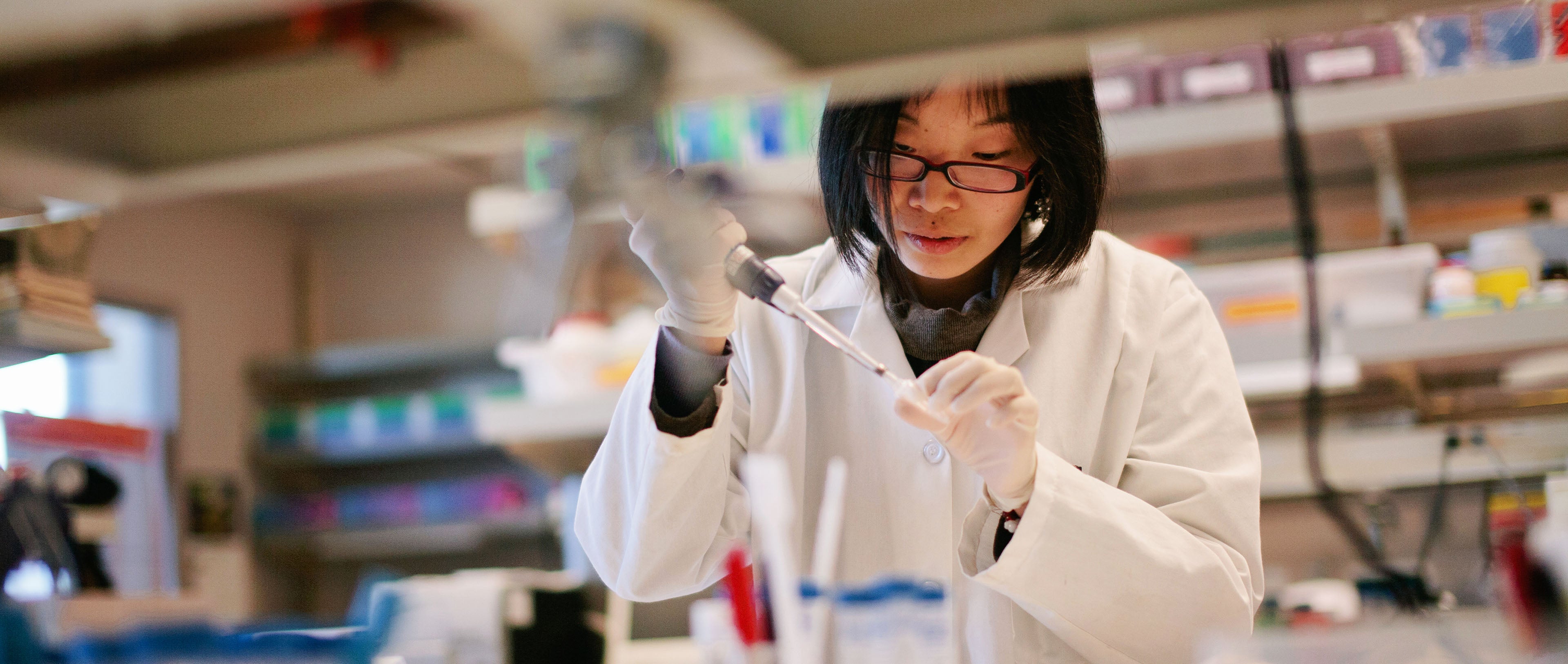Biomedical Engineering Technology

Admissions Office
Admissions Office
Email: admissions@muskegoncc.edu
Phone: (231) 777-0366
Office Hours:
Mon: 8:30am – 6:30pm
Tue-Thu: 8:00am – 5:30pm
Fri: 8:00am – 12:00pm
Counselor
Lisa Ribbe
Faculty – Counselor – Engineering/Manufacturing & Industrial Technology
Email: Counselingandadvising@muskegoncc.edu
Phone: 231-777-0362
Office Hours:
Mon-Thu: 8:00 am - 4:30 pm
Fri: 8:00 am - 12:00 PM (virtually)
Program Questions
Jon Larson
Faculty - Department Chair
Email: Jonathan.larson4@muskegoncc.edu
Phone: 231-777-0339
Office Hours:
Contact me by email regarding office hour appointments:
WHY BIOMEDICAL ENGINEERING TECHNOLOGY?
Medical equipment repairers install, maintain, and repair patient care equipment. Employers generally prefer candidates who have an associate’s degree in biomedical technology or engineering. Depending on the area of specialization, repairers may need a bachelor’s degree, especially for advancement. Employment of medical equipment repairers is projected to grow 4 percent from 2016 to 2026, slower than the average for all occupations. Employment is projected to grow slightly as these repairers will be needed to repair medical equipment in healthcare settings.
Biomedical engineer combines engineering principles with medical sciences to design and create equipment, devices, computer systems, and software used in healthcare. Most biomedical engineers work in manufacturing, universities, hospitals, and research facilities of companies and educational and medical institutions. Biomedical engineers typically need a bachelor’s degree in biomedical engineering or bioengineering, or in a related engineering field. Some positions may require a graduate degree. Employment of biomedical engineers is projected to grow 7 percent from 2016 to 2026, about as fast as the average for all occupations. Increasing numbers of technologies and applications to medical equipment and devices, along with the medical needs of a growing aging population, will require the services of biomedical engineers.


